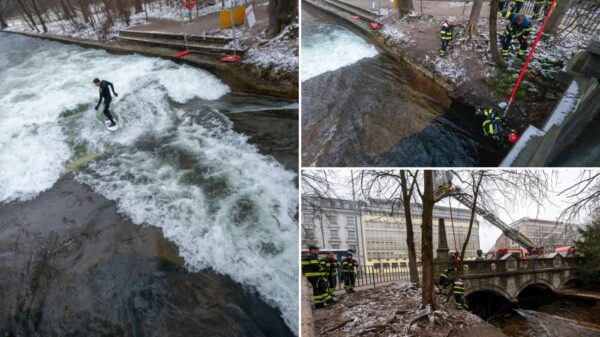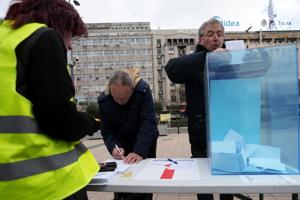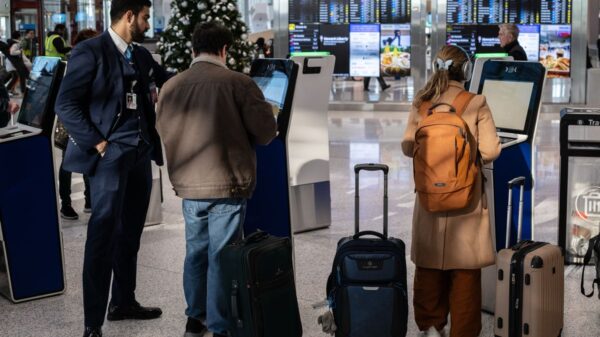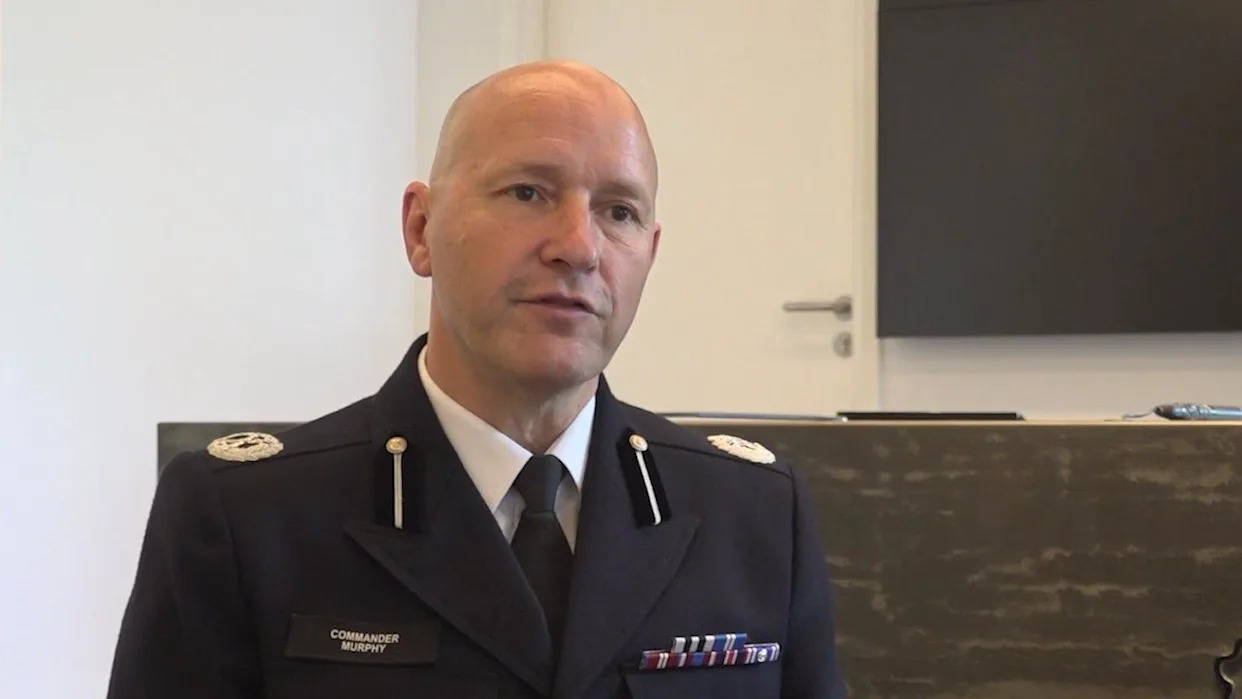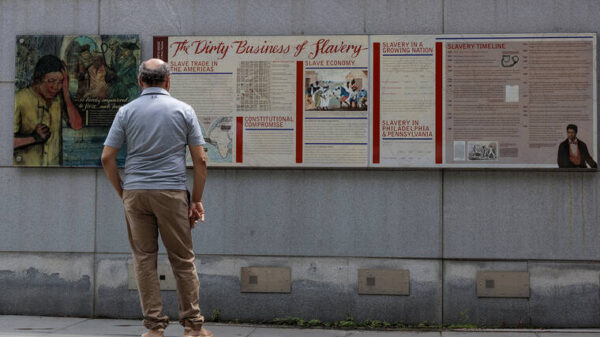Children and young adults in London are increasingly being recruited by hostile states, notably Russia and Iran, to engage in criminal activities, according to the Metropolitan Police. Commander Dominic Murphy, head of counter-terrorism for the Met, reported a five-fold increase in hostile state activity since the Salisbury poisonings in 2018. This alarming trend includes the recruitment of teenagers, prompting urgent warnings for parents to monitor their children’s online activities.
In a recent appearance on the BBC’s Politics London programme, Cdr Murphy highlighted a significant incident involving an arson attack in east London that took place in March 2023. This attack targeted a warehouse in Leyton that was shipping essential aid, including Starlink satellite kits for Ukrainian troops. The fire was linked to the Wagner Group, a paramilitary organization associated with the Russian state. A spokesperson for the Home Office emphasized that the convictions arising from this incident should serve as a stark warning to anyone considering collaboration with foreign powers like Russia.
Cdr Murphy elaborated on the implications of such recruitment, stating, “Unfortunately, it is an investigation that we’re seeing more of within our casework.” He noted that this group was specifically tasked by the Wagner Group to conduct activities in the UK. Additionally, the same network had been involved in reconnaissance for a planned attack on a Russian dissident residing in London.
The commander expressed deep concern about the increasing trend of foreign powers using young individuals in Britain as proxies for their activities. “We are seeing younger people drawn into conducting this activity on behalf of foreign states,” he remarked. He identified motivations for involvement, such as financial incentives, a desire for notoriety, and a sense of belonging to something larger. Some of those recruited may already be engaged in criminal behaviour, making them more susceptible to manipulation.
Nationally, Cdr Murphy indicated that over 20% of the workload for counter-terrorism policing now relates to state threats. While self-initiated terrorism remains a primary focus, the exploitation of young people by foreign states is becoming more pronounced.
Labour MP Calvin Bailey, representing Leyton and a member of the Defence Committee, commented on the situation, stating, “What this tells us is that it’s actually happening on our shores right now.” He noted the financial pressures faced by individuals, which can make them vulnerable to manipulation by foreign actors without understanding the potential consequences of their actions.
The Conservative shadow home secretary, Chris Philp, described the trend as “deeply, deeply concerning” and expressed hope that convictions related to these activities would be treated as aggravating factors in sentencing.
The Home Office reiterated its commitment to national security, stating that it is a foundational element of their Plan for Change. They pledged continued support for law enforcement agencies in disrupting state threats.
As these developments unfold, the need for vigilance among parents and communities grows ever more critical. The recruitment of young individuals by hostile states poses a serious risk not only to the individuals involved but also to the broader security landscape in the United Kingdom.










